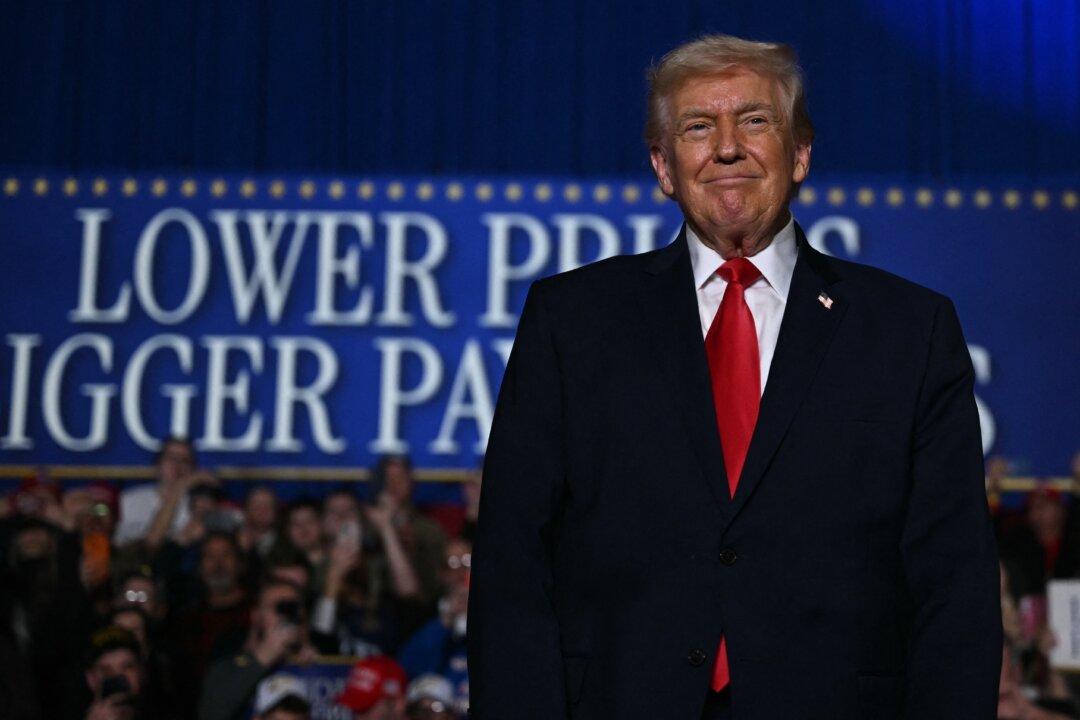Beijing’s potential crackdown on COVID protests could have the same economic effect as the lockdowns on America, says Milton Ezrati, Chief Economist at the financial communications agency Vested.
“The protests, especially if the [Chinese] government cracks down on them, are going to have, from an economic standpoint, the same effect as the lockdowns. They will interrupt business, and they will be a burden on supply chains to the United States,” Ezrati told NTD’s “China in Focus” program.





